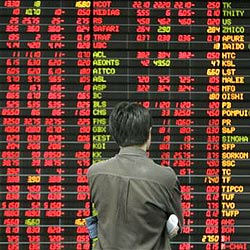
Corporations and entire Western economies displayed the same kind of manic behavior as psychologically disturbed individuals during the 2008 credit crisis, argues a new study in the journalOrganization.
“Bankers, economists and politicians shared a ‘manic culture’ of denial, omnipotence and triumphalism as they threw caution to the wind,” says study author Professor Mark Stein, from the University of Leicester School of Management. Stein has been awarded the iLab prize for innovative scholarship for his work in applying psychoanalytic techniques to organizations.
While the causes of the banking collapse that plunged much of the world into recession have been well documented, Stein says an important question remains: Why did economists, financiers and politicians fail to anticipate it?
His study notes that Western economies and corporations observed, but did not heed, the warning signs from the collapse of the Japanese economy in 1991 and the 1998 crisis in south-east Asia. Instead, he argues, the financial world in the West went into an over-drive of denial, escalating its risky and dangerous lending and insurance practices in a manic response.
He defines the manic culture in terms of four characteristics: denial, omnipotence, triumphalism and over-activity. “A series of major ruptures in capitalist economies were observed and noted by those in positions of economic and political leadership in Western societies. These ruptures caused considerable anxiety among these leaders, but rather than heeding the lessons, they responded by manic, omnipotent and triumphant attempts to prove the superiority of their economies.”
The massive increase in credit derivative deals, industrializing credit default swaps and the removal of regulatory safety checks, such as the repeal in the United States of the landmark Glass-Steagall banking controls were a manic response to the financial crises within capitalism, the study argues.
Stein says that unless the manic nature of the response in the run up to 2008 is recognized, the same economic disaster could happen again. “Whether one examines the actions of banks and hedge funds, or the limitations of ratings agencies, auditors, regulators and governments, a more worrying and deeper question emerges concerning why so many parties, more or less simultaneously, were implicated in such unprecedented and extreme risk-taking.”
Related:
Discuss this article in our forum
Boffins take aim at finance bubbles
High testosterone drives risky investments
Credit card maxed out? Blame your sex drive
What’s In A Name? Stock Performance!




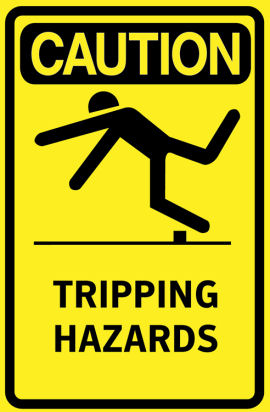




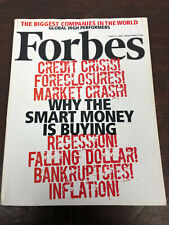
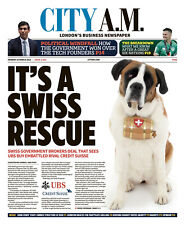
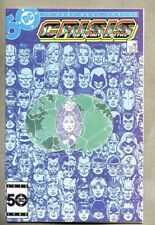



Comments are closed.